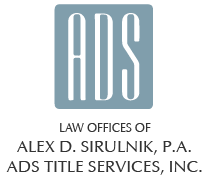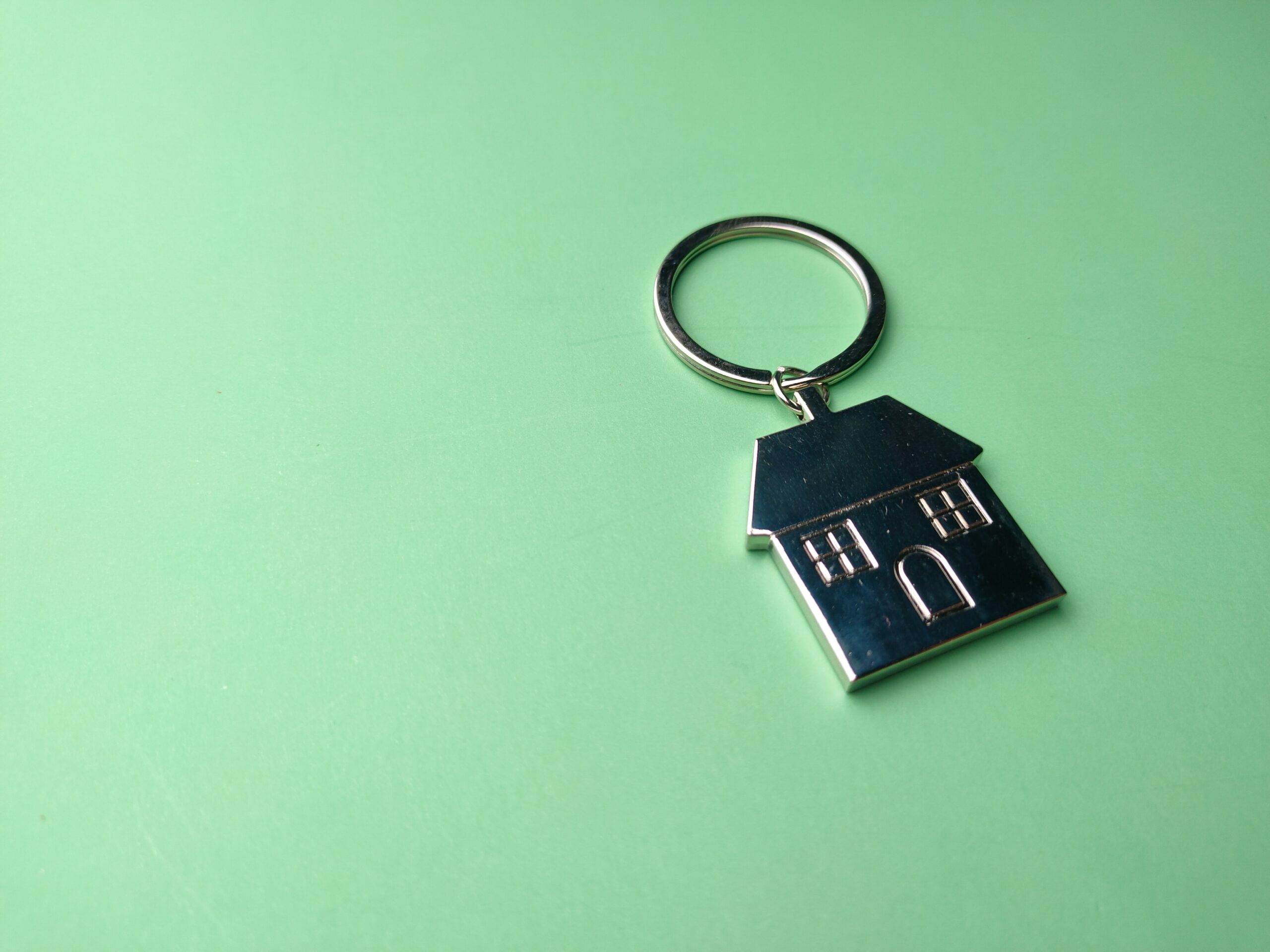
Liens are fairly commonplace when it comes to real property assets. They’re an important legal tool that can be used as a form of collateral to ensure all parties who have skin in the game will ultimately get paid what they are owed.
There are several categories of commercial liens that both property investors and business owners looking to lease commercial property in Miami should be aware of. Below we’ll discuss the different types of commercial liens and what to do if you discover a lien on a commercial asset you’re looking to lease or buy.
Types of Commercial Liens
Liens offer assurances that lenders who provide financing for a property or vendors who complete labor on a property will be paid back fully and timely. Liens can also be put in place by the government or a judge if, for example, the owner fails to pay property taxes or finds him or herself in a lawsuit.
Here are a few types of liens and what they mean:
- Mortgage lien – When investors borrow money to finance a property purchase, a mortgage lien will be put on their property. These are classified as voluntary liens and provide assurances to the lender that they will be repaid. If timely payment does not occur, the lender may file for foreclosure to get their money back.
- Mechanic’s lien – Another common lien we see in Miami commercial properties is a mechanic’s lien. A vendor who provides labor and/or materials may file a mechanic’s lien against a property if they don’t receive their agreed-upon payment after the work is complete.
- Tax or IRS lien – Liens can be filed by the government if a property owner does not pay their property or income taxes. The government can also file a lien if improvements were made to the commercial property without taking out the required permits.
- Judgment lien – Judges may also submit liens if the property owner is involved with a lawsuit. The lien serves as an assurance that the winner of the lawsuit will be paid.
Determining if a Commercial Property Has a Lien
Before buying or leasing a commercial property, you should work with a title company to conduct a lien search. Any creditor who submits a lien must file a UCC-1 financing statement.
Even if you’re a business owner intending to lease space in a commercial property, it’s imperative to know if there is a lien attached to the property. Why? Because if the landlord doesn’t follow through on their payment obligations, the property could be foreclosed upon and that may mean all businesses within the property could be forced to vacate.
Investors purchasing commercial property must also be aware of any commercial liens as open permits or other liens can become an issue at sale. They should be removed prior to closing so you have a clear title – one that is free of any of the previous owner’s liabilities or baggage – lest you be responsible for extra costs or delays.
When undergoing a commercial real estate transaction of any kind, surround yourself with experienced legal counsel. Our team at the Law Offices of Alex D. Sirulnik, P.A. and ADS Title Services, Inc. has been serving clients from around the world as they pursue commercial interests and residential opportunities in South Florida. Contact us today to learn more about how we can help you with your real estate and business law questions.



